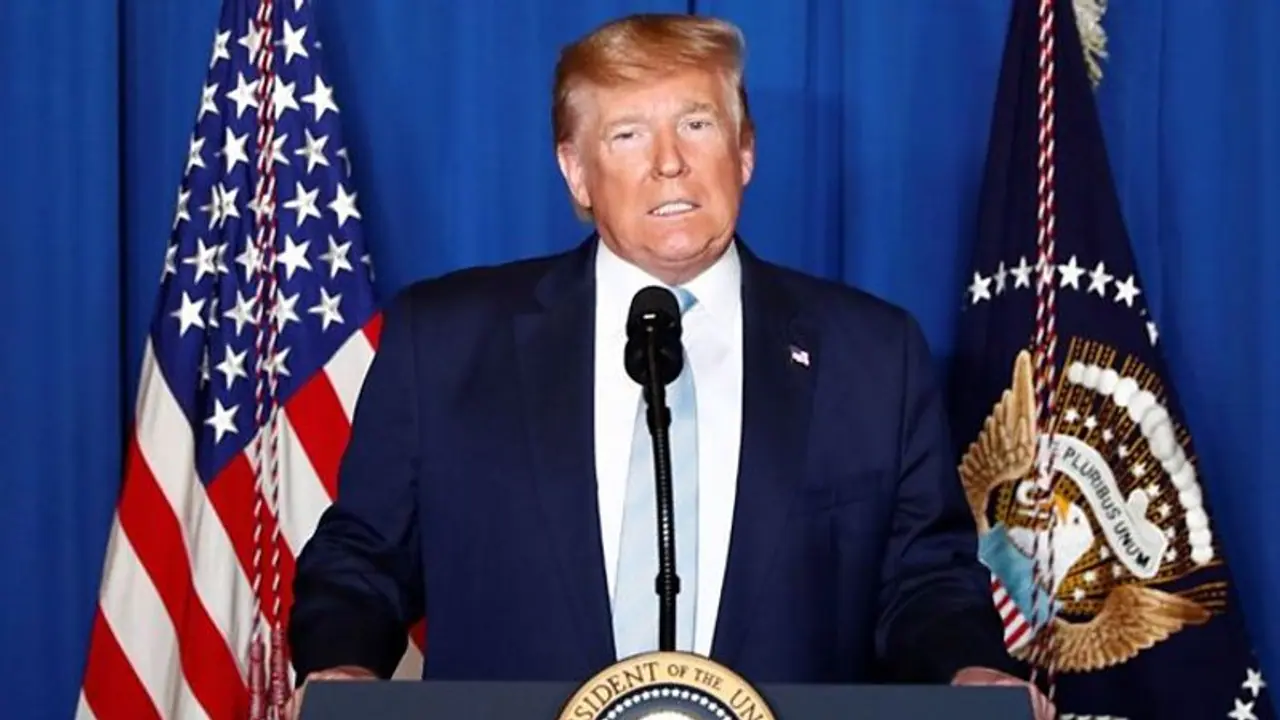“It’s not racist at all,” US President Donald Trump said. But experts warned that the term could result in xenophobia.
Washington DC: President Trump on Wednesday defended his increasingly frequent practice of calling the coronavirus the “Chinese Virus,” ignoring a growing chorus of criticism that it is racist and anti-Chinese.

“It’s not racist at all. It comes from China, that’s why,” Trump said, explaining his rationale.
But the term has angered Chinese officials and a wide range of critics, and China experts say labelling the virus that way will only ratchet up tensions between the two countries, while resulting in the kind of xenophobia that American leaders should discourage. Asian-Americans have reported incidents of racial slurs and physical abuse because of the erroneous perception that China is the cause of the virus.
According to New York Times, “The use of this term is not only corrosive vis-à-vis a global audience, including here at home, it is also fuelling a narrative in China about a broader American hatred and fear of not just the Chinese Communist Party but of China and Chinese people in general,” said Scott Kennedy, a China expert at the Center for Strategic and International Studies.
At the White House briefing on Tuesday, Trump told reporters that he was attaching “China” to the name of the virus to combat a disinformation campaign promoted by Beijing officials that the American military was the source of the outbreak.
“I didn’t appreciate the fact that China was saying that our military gave it to them,” Trump said. “I think saying that our military gave it to them creates a stigma.”
Then in two tweets on Wednesday morning, he pointedly referred to the “Chinese Virus”. When he was asked about the term during another appearance at the daily White House coronavirus briefing later in the day, he insisted that he was simply pointing out a fact: that the illness was first detected in China.
Public health officials have tried to avoid names that might result in discriminatory behaviour against places or ethnic groups since releasing more stringent guidelines for naming viruses in 2015. But after the briefing, the White House on Twitter criticised what it called “the media’s fake outrage,” pointing to other illnesses that had been named after places, including the Ebola virus and the West Nile virus.
Medical historians and public health experts, including some in Trump’s administration have emphasised that pandemics have no ethnicity and stressed that associating them with an ethnic group can lead to discrimination.
But since the beginning of the outbreak in Wuhan, Trump has repeatedly signalled in his public remarks that he viewed the virus as a foreign threat and has repeatedly highlighted his early decision to close American borders to Chinese travellers.
